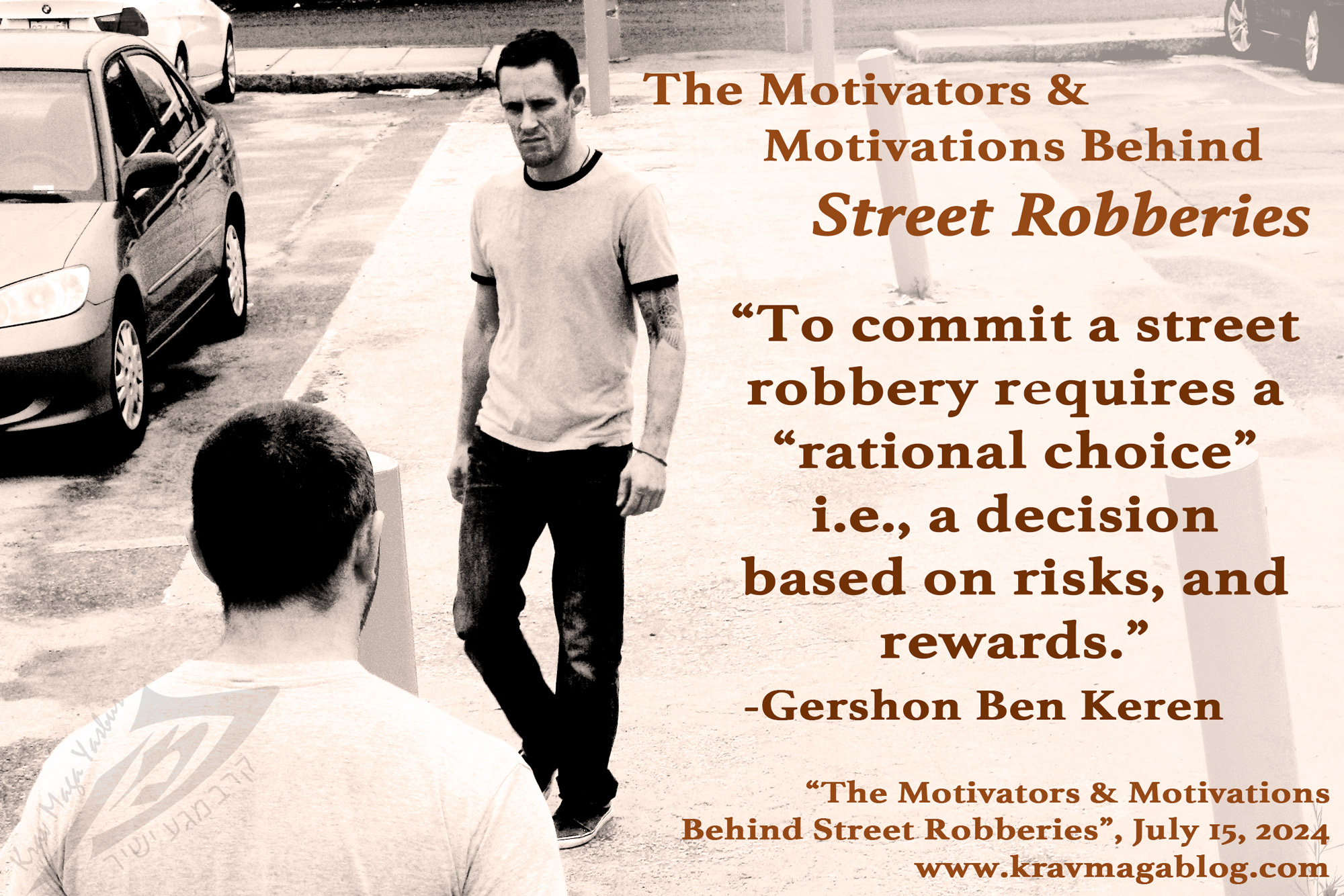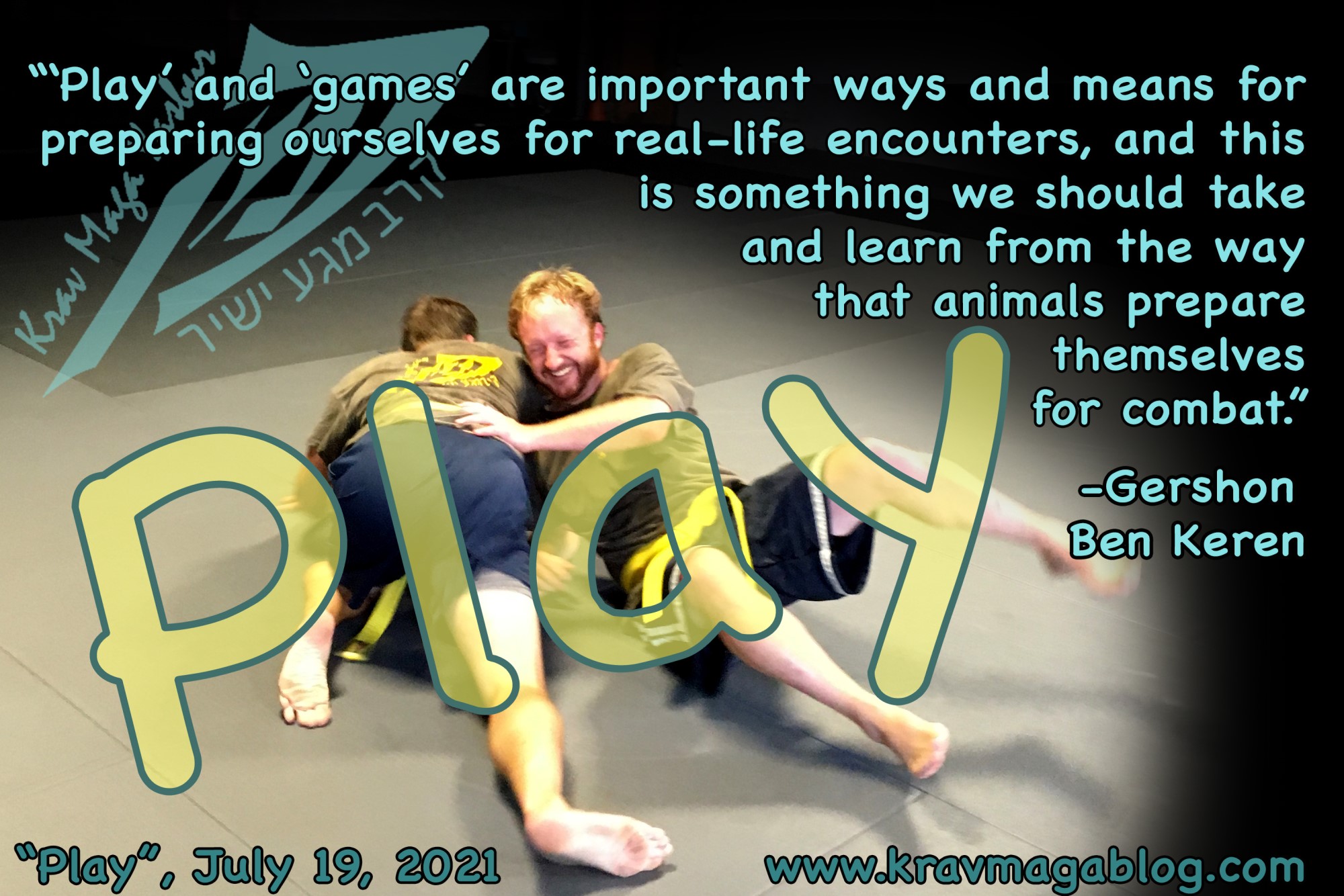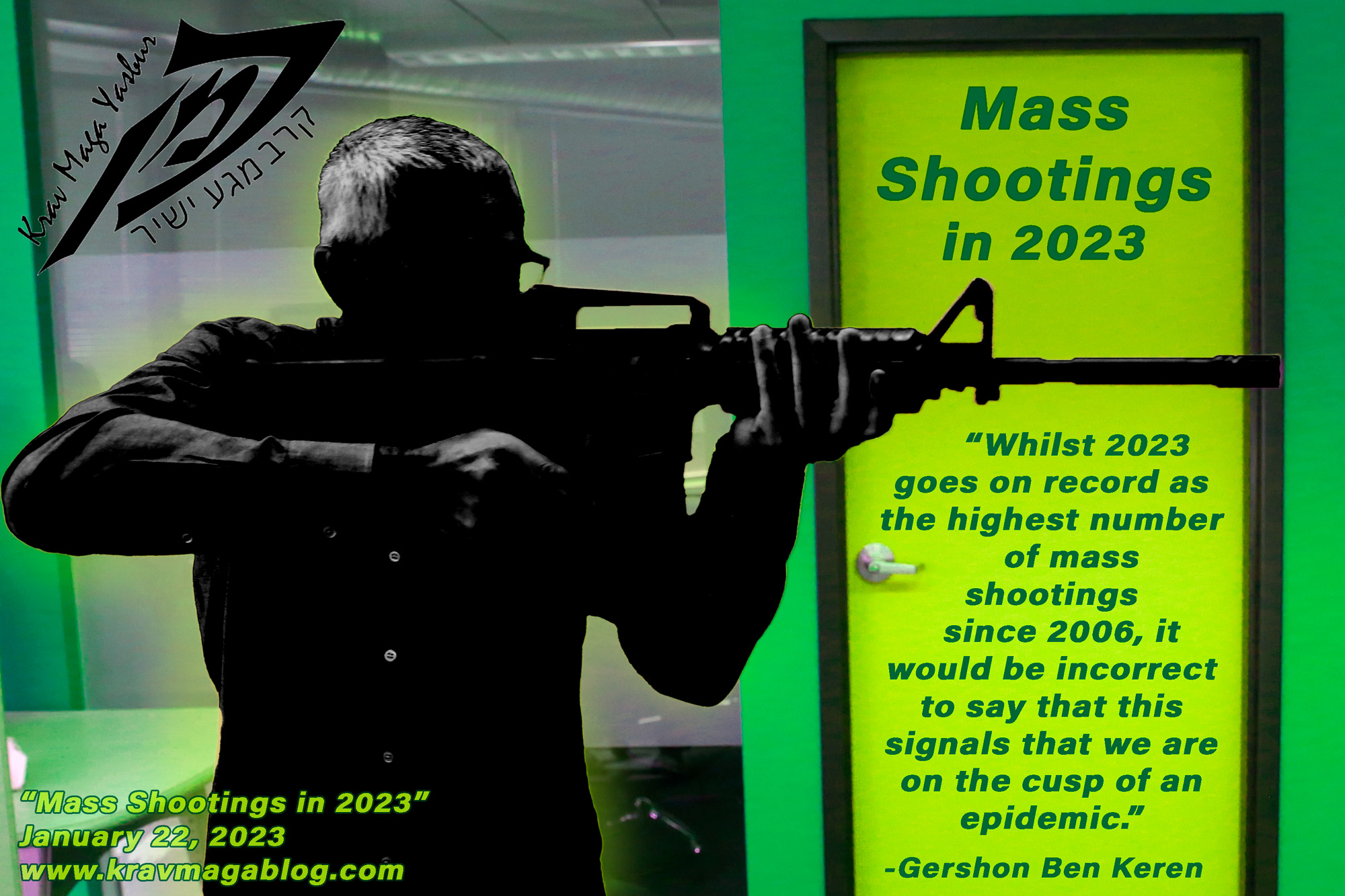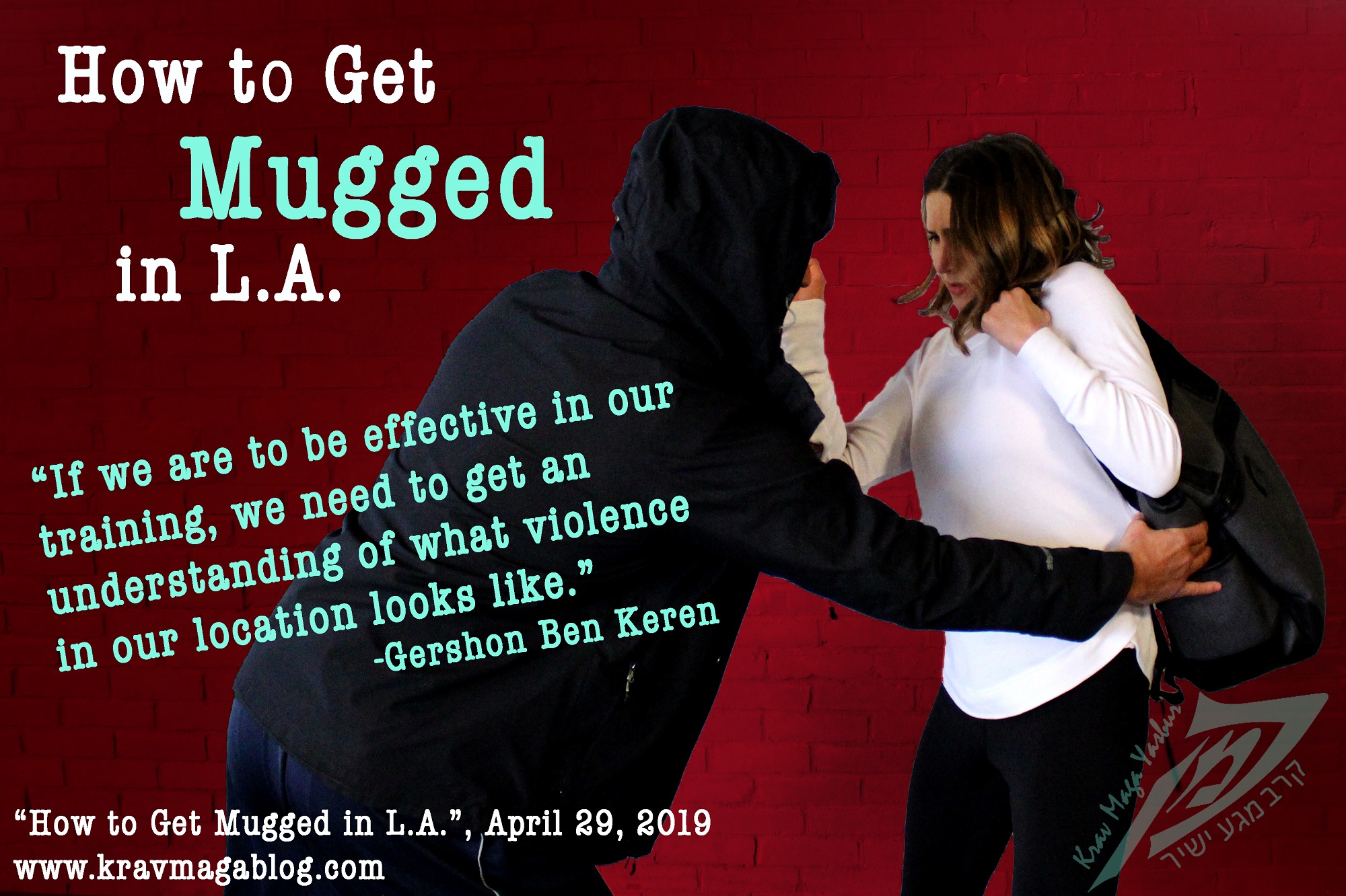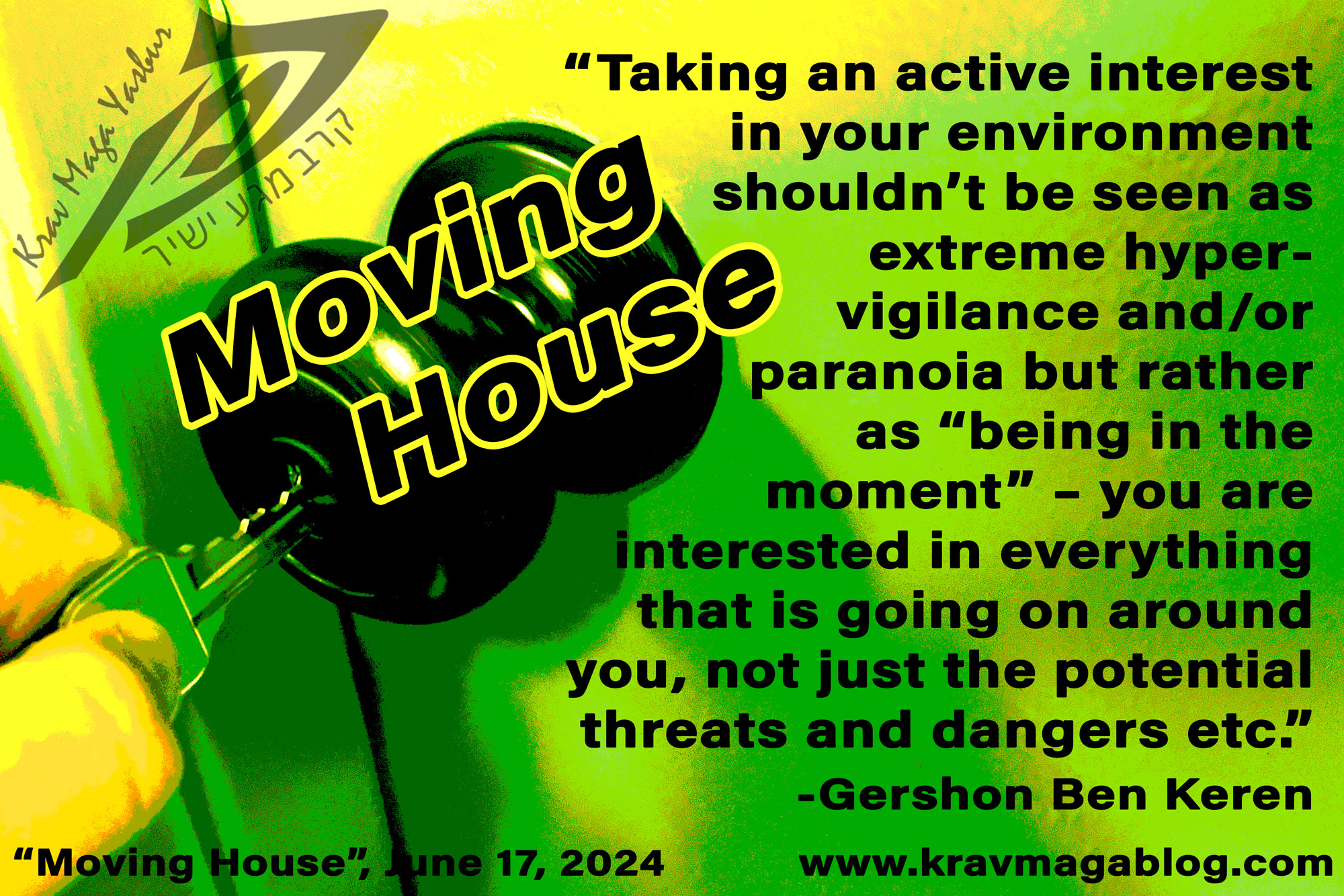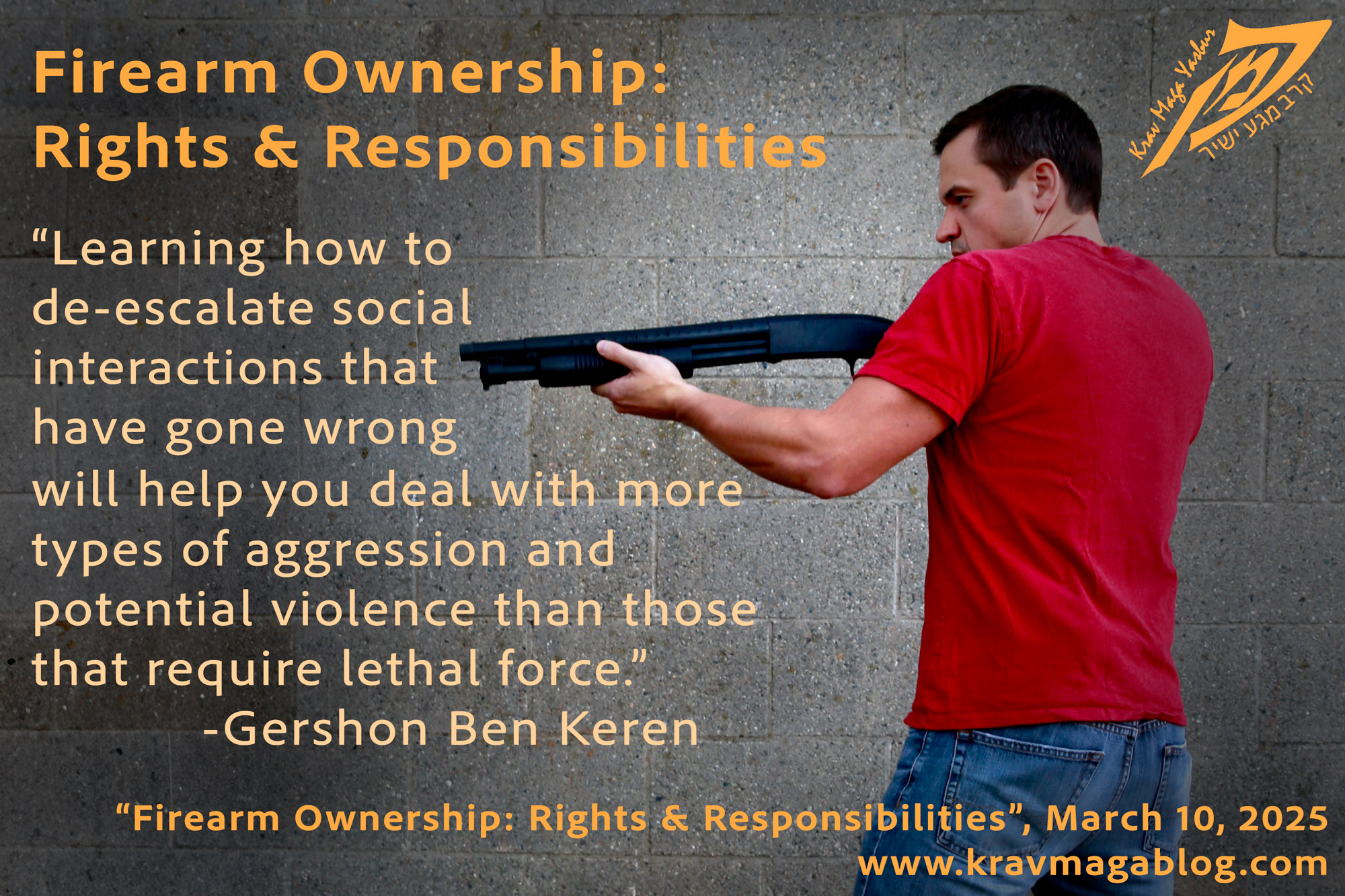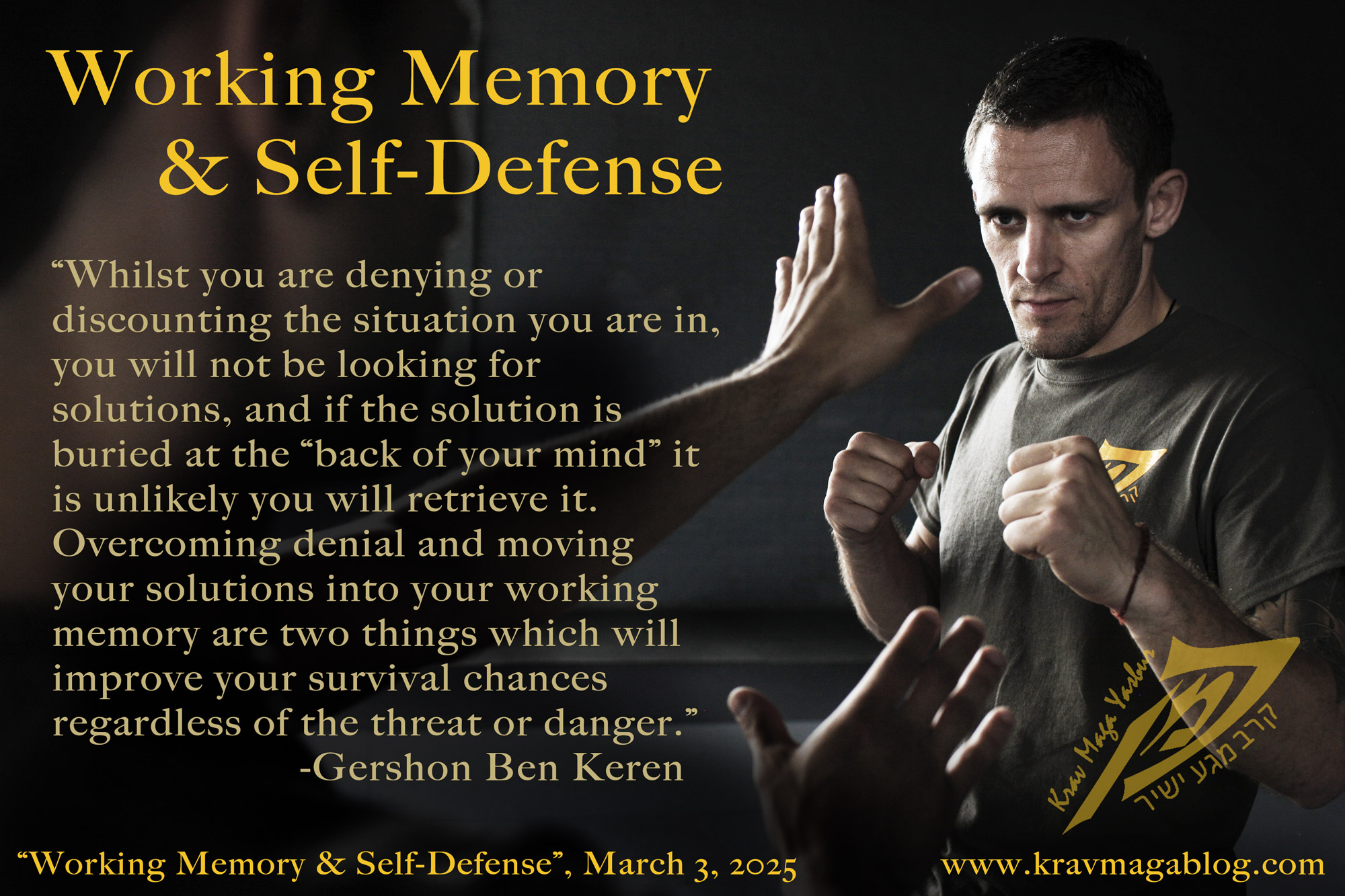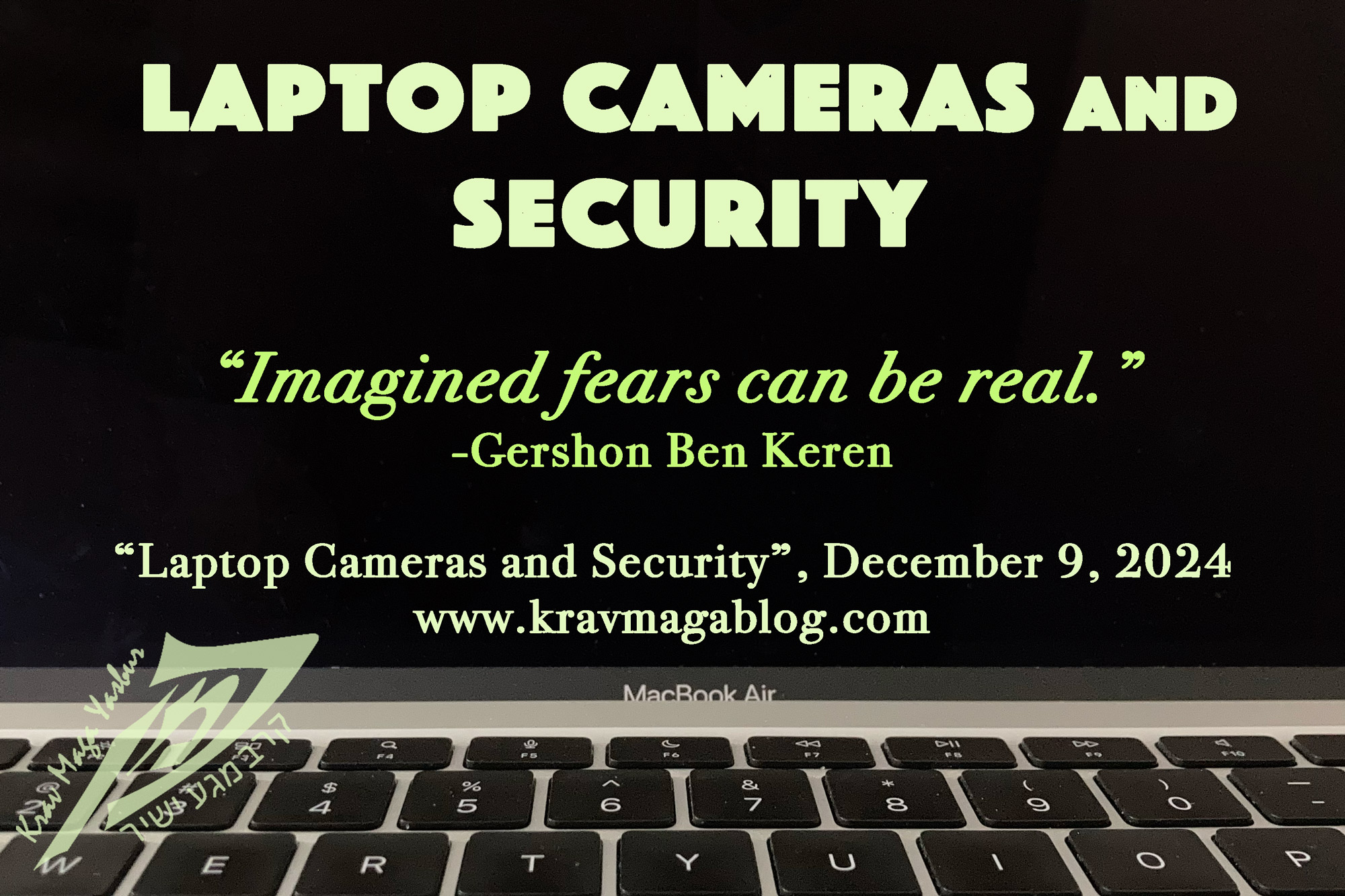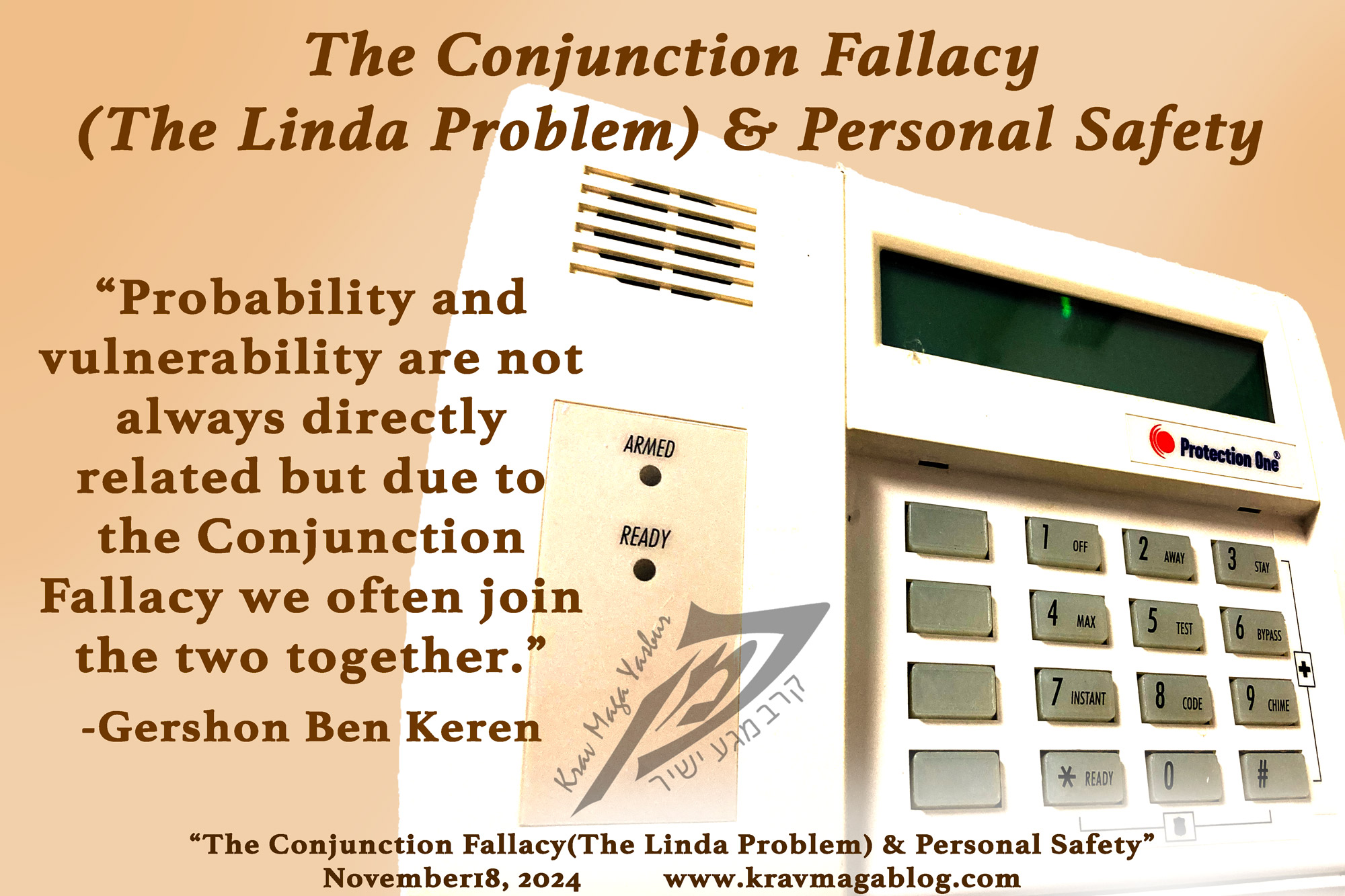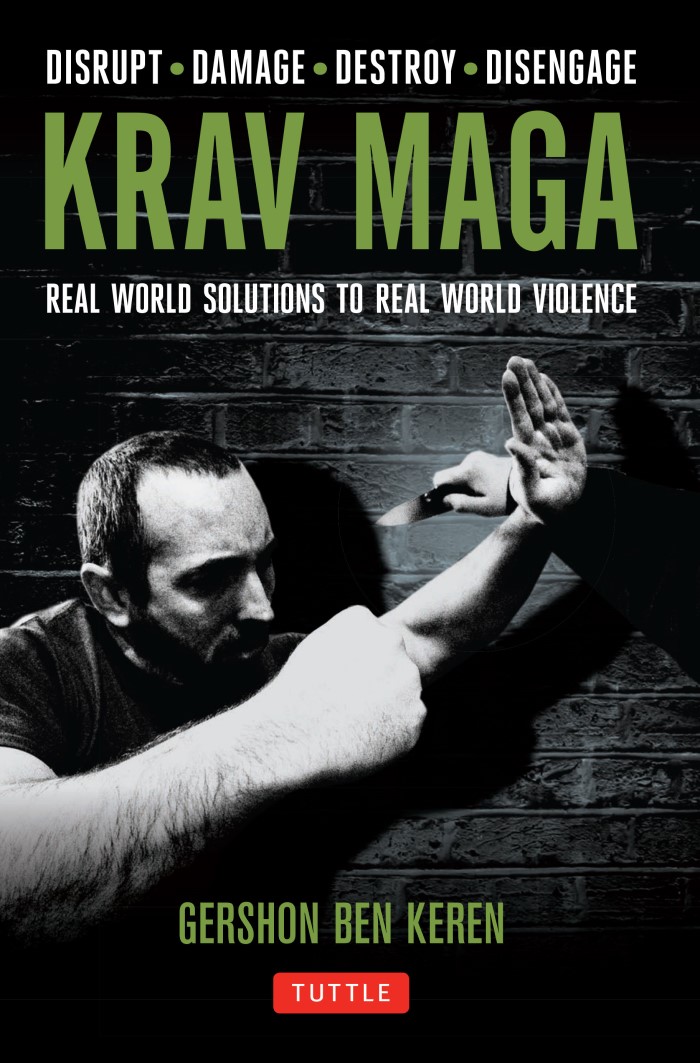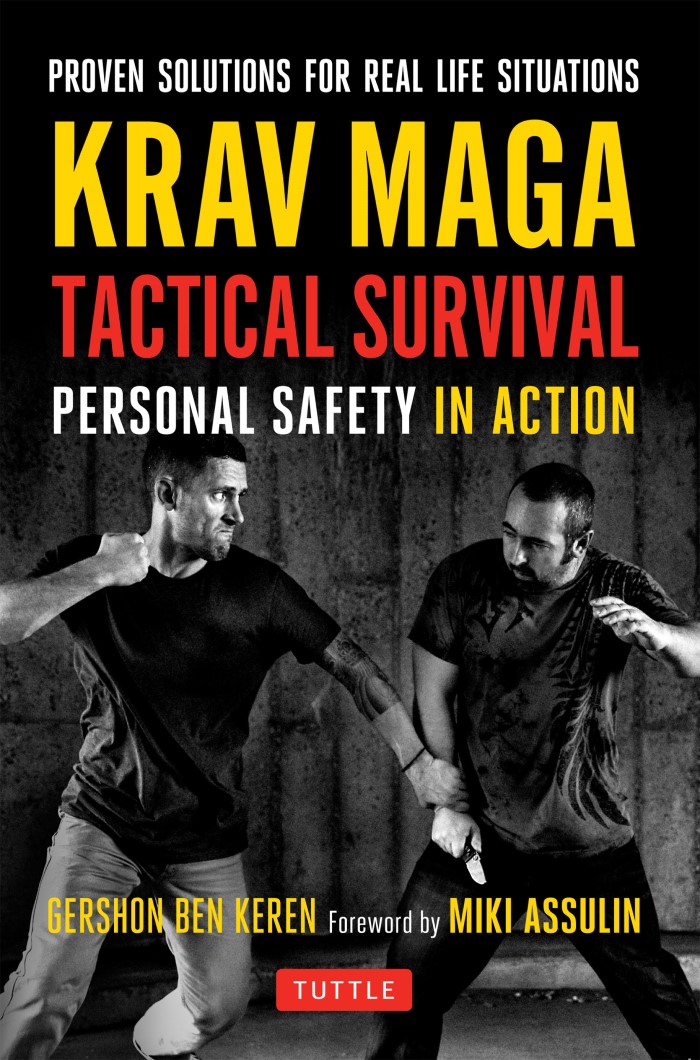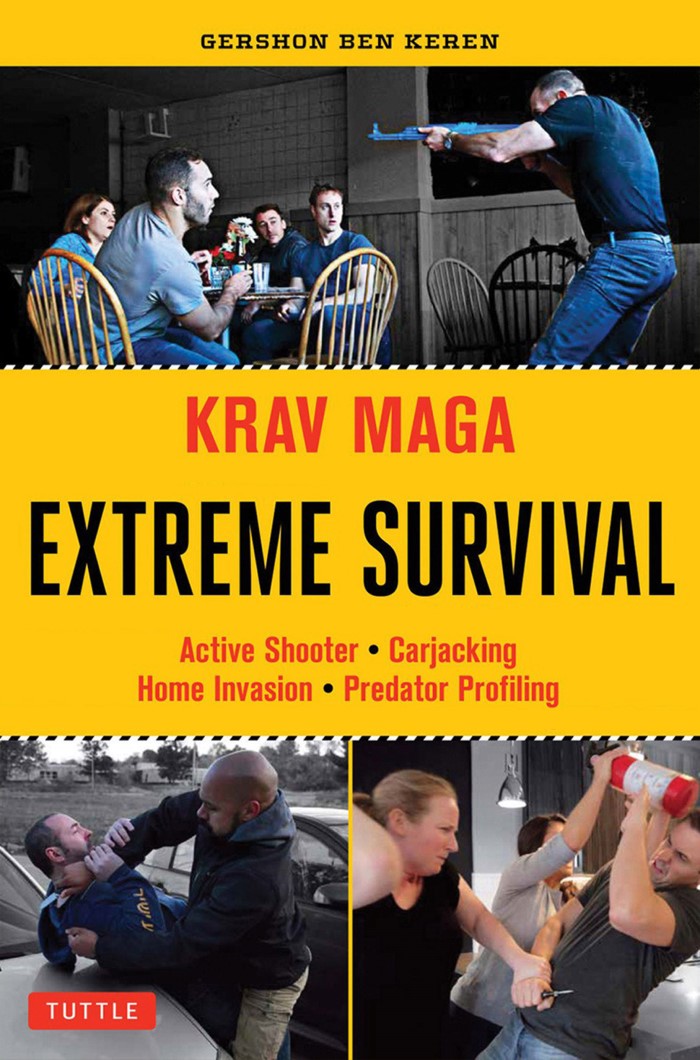Moving House, is an article written by Gershon Ben Keren, a 5th Degree Black Belt in Krav Maga, who teaches Krav Maga in Boston, MA. He has also authored three Amazon best-Selling Books on Krav Maga.
Moving house is one of the most stressful things in life. Having experienced moving across continents I will readily attest to this. I currently own some of the most expensive wrapping paper on the planet; time ran out so I ended up quickly packing – and paying expensive shipping rates on – lots of stuff I should have gotten rid of. When we move to a new house/apartment, the “security” of our new home is often somewhat low down on the list of priorities e.g., we get caught up with how our furniture should be arranged, the color we want to paint the living room etc. However, by doing a few simple things, we can easily increase and improve our security, and increase our peace of mind etc. This article describes and explains two simple things we can do to improve our safety when moving into a new home/neighborhood.
If you are moving into a property that you own, you should change the locks; this should be one of the first things you do. If you are moving into a rented property, it is worth asking the landlord or their agent whether this is possible – you can always offer to pay for the expense of having the work done. If the locks aren’t changed, you can never be sure as to how many keys are out there, that could unlock your exterior doors. Once you have done that, get copies of the “original” key cut and store the “original” somewhere safe. The reason you want to do this is that keys and locks are mechanical devices, and keys wear down over time i.e., every time you put a key in a lock and turn it, it is rubbing and grinding against the lock. This is why with older keys you sometimes have to wiggle it around a bit to get the lock to open. If you have to get keys copied using a “worn out” one, then those copies will be exact replicas, with each one having to be played with and manipulated in order to open the lock/door. Once a key gets to the state where it needs to be fitted to an exact position before it can open/unlock the door, you should put it somewhere safe and mark it as unusable etc. You should then take the “original”, unused, key, and get another copy made, with the copy being the key that replaces the one you use on a daily basis. The original/master key should then be put back in the place you originally stored it. This process can then be repeated as often as necessary, and you will always have keys that properly fit the lock. The lock itself is far more robust than the key, and you can check when that needs to be mechanically replaced using the original/master key. This may seem a minor thing to do, however it means that you will always be able to enter your home quickly, which should at the very least give you peace of mind e.g., if you believe someone is following you – at a distance – you know you won’t be caught standing on your doorstep trying to manipulate the key to get it to unlock the door etc.
Get to know your neighbors, and others who live on your street, or in your apartment block etc. You don’t need to be on speaking terms with everyone around you, but you should be with your direct neighbors. An easy way to introduce yourself, is to ask your direct neighbors, if they would want you to sign for, and take in, packages for them, when they’re not there etc. It’s a friendly/neighborly thing to do, and also lets you know how they want you to act if you are put in this position e.g., a delivery driver knocks on your door and asks you to sign for a package addressed to them. In the first few weeks you want to try and get an idea as to the natural ebb and flow of your area e.g., who is in your locale at a particular time etc. This way you will have a “baseline” which will allow you to recognize anomalies, and things that are out of place, such as people and cars that aren’t normally in the vicinity etc. I am not suggesting that as soon as you see someone who is a “stranger” to you, that you should be reaching for your pepper spray, but rather you should mark them as a person of interest/curiosity. It may be that they have only just moved into a house on your street, and they will soon become part of the natural ebb and flow of the neighborhood i.e., your ”baseline” adapts and changes. As I’ve written in previous articles, such activities as taking an active interest in your environment shouldn’t be seen as extreme hyper-vigilance and/or paranoia but rather as “being in the moment” – you are interested in everything that is going on around you, not just the potential threats and dangers etc. One of the most vulnerable times for new students on campus is the first three weeks of a new year. It takes Campus Police about this length of time to get a baseline as to who should be on campus at a particular time etc. Before this period of time has passed, non-student offenders are able to mix in as if they had a legitimate reason to be there. Although potential offenders who look to target students don’t “formally” understand or consciously recognize this vulnerability, their experience tells them that this is a good time to commit their offenses etc. In the same way that campus police actively learn who should be there and who should not, you should do the same when moving into a new home.
Moving into a new home should be an exciting thing. It represents a new stage in our lives, and that should be celebrated even if we are having to downsize, or move to an inferior country (only kidding). I believe all changes and stages of life should be times of optimism. Sometimes, we put off thinking about security and safety, because we don’t want to think the worst or imagine “bad” things happening to us or our family etc. However, when we consider home security, we can think about it in very general terms, such as how we can keep unwanted people out. We don’t have to imagine a horrific home invasion with multiple masked assailants with machetes and acetylene torches who are going to torture us for the pin numbers of our debit cards etc. Don’t imagine all the possible and potential scenarios, just focus on the goals.
0 COMMENTS